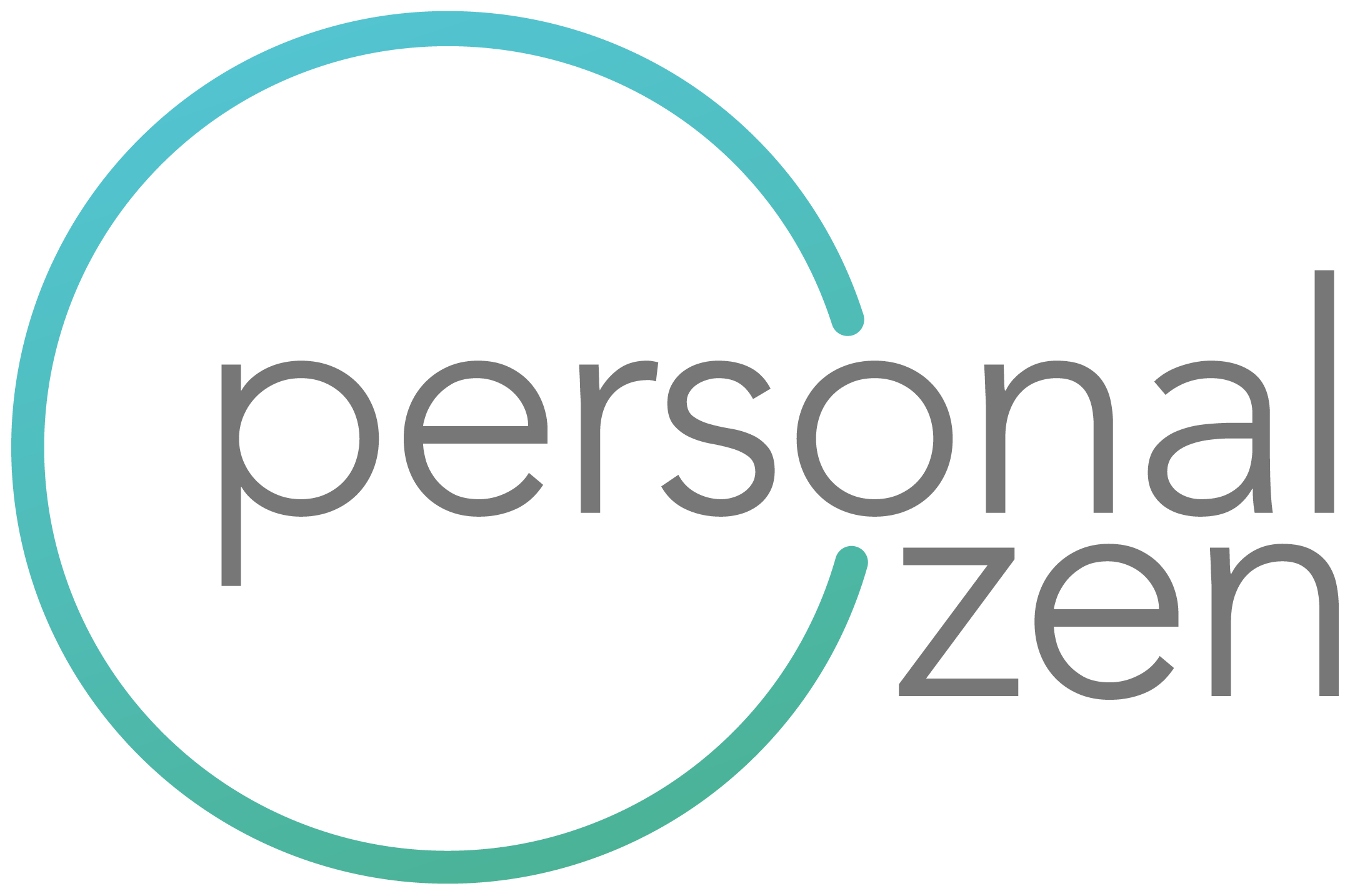There are obvious benefits of mobile technology and social media. Some studies suggest that social media can have a positive impact on well-being through increased social support and encouragement of real world relationships. But while we acknowledge the benefits, how do we also combat the potential negative effects of our digital lives? Researchers increasingly acknowledge these negative effects, such as greater disconnection, stress, depression, inauthenticity, and loneliness.
Studies have shown an important point about our brains, which is that we benefit from the presence of others in terms of the biological resources we have to spend to cope with challenges. In essence, social connection makes our brains work more efficiently. Everything becomes easier.
Here are three guiding principles to focus on when thinking about digitally-mediated ways of connecting:
1. Devices can get things done for us but cannot replace human contact. There is something unique and special about being face-to-face with another human being. Whether this is “facetime” to seal a business deal, or face-to-face therapy, this “analog” way of connection is uniquely human. That doesn’t mean all connection needs to be face-to-face, but we should know and optimize the uniquely powerful impact it has on us.
2. Social connection literally makes things easier and helps our brains work more efficiently and effectively. Given this, we have to acknowledge that social connection is not a luxury; rather, it is something we must promote and build for ourselves. Conversely, when we see signs that we are “starving our social brains” we need to course-correct.
3. We must protect our attention in the digital ecosystem. If digital devices and social media have been designed to suck us into our screens, then we have to carefully calculate the opportunity cost in terms of the time taken away from more deeply nourishing forms of connection. What we might really need is a conversation over a cup of tea, or to hold someone’s hand.




